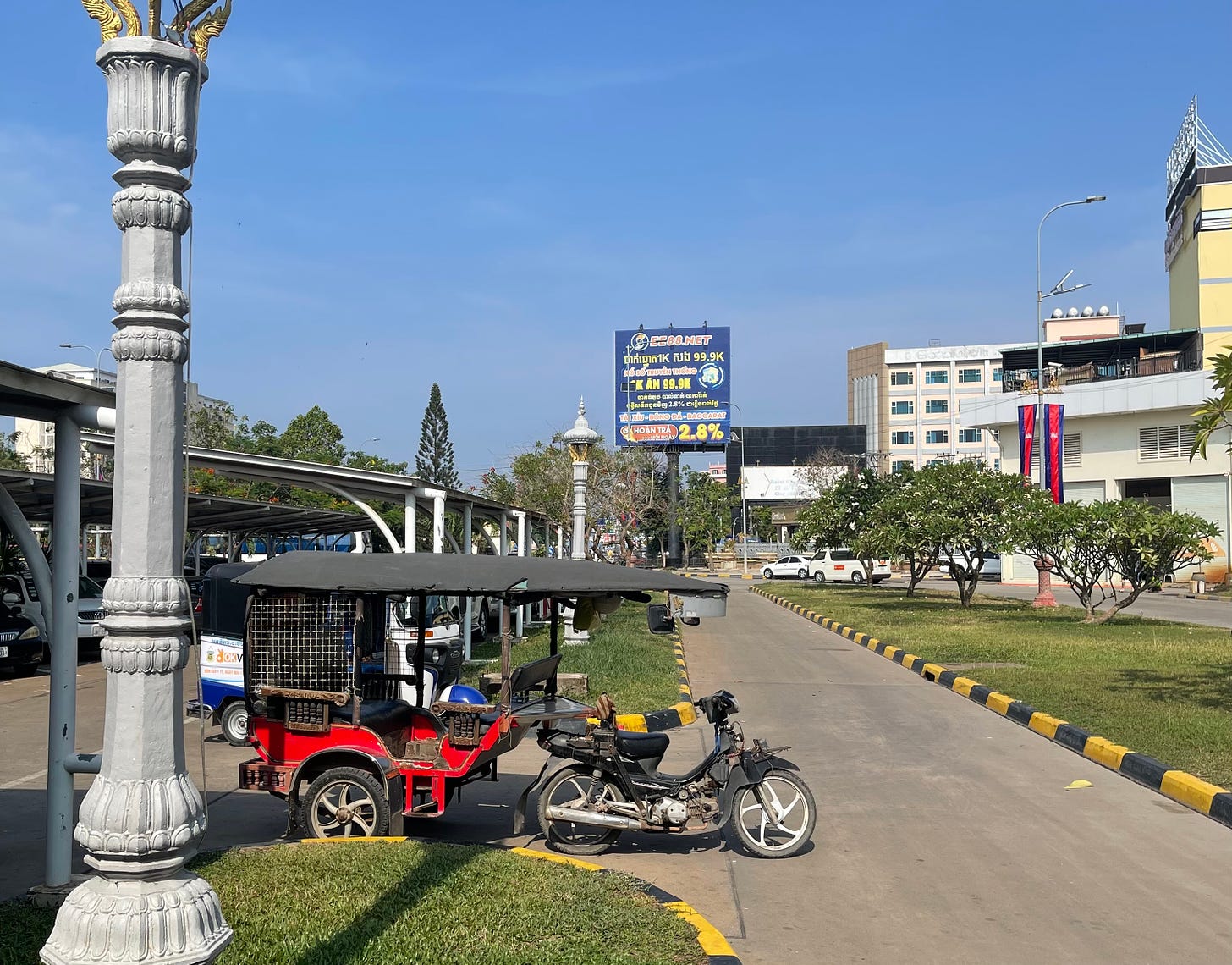Good morning! Welcome to the latest edition of the Vietnam Weekly exclusively for paying subscribers, written by Ho Chi Minh City-based reporter Mike Tatarski. If you have any friends or colleagues interested in supporting the newsletter, please do share it with them. The Vietnam Weekly runs solely on such subscriptions.
Free readers, meanwhile, will only see a preview of this article. You can upgrade to access this and all future exclusive articles - published every Wednesday - by clicking the button below. A reminder that group subscriptions are available at a 30% discount per reader.
A quick ask for travel suggestions: I’m visiting Italy for the first time in October (Rome, Perugia, Bologna, and Milan) and am open to all recommendations for things to do and places to eat and drink. I’m also happy to try and meet up with any readers based there.
I’ll be in Tokyo for a few days in late November as well, so get in touch if you are there!
On to the news.
Ho Chi Minh City Party Secretary Nguyễn Văn Nên recently disclosed that scammers have tried to get money from people in his network by impersonating him.
According to VnExpress International, the official shared that a colleague in Hanoi told him that he “received a call from someone claiming to be Party Secretary Nguyễn Văn Nên, asking to borrow money."
The news outlet added to that quote: “Many others have called me asking if I was involved in any business that needed fundraising or borrowing money.”
This is a particularly high-profile example of how rife digital and/or phone-based fraud and scam attempts are in Vietnam.
At a seminar in June titled "Enhancing Security and Safety in Non-cash Transactions," experts said that Vietnamese lost up to VND10 trillion (US$398 million) to online scams in 2023, 1.5 times more than the previous year.
This fraud runs the gamut and gains frequent media coverage, from advertisements for work in South Korea and stock market investment scams to cryptocurrency scams and even Tết-themed scams centered on electronic lì xì (lucky money).
These schemes present a particularly problematic challenge as the government pushes to increase the use of cashless payments and digital banking moving forward.
Government officials themselves have been targets, perhaps most noticeably the former chairwoman of Nhơn Trạch District in Đồng Nai, who lost VND171 billion (US$6.8 million) to scammers. That case has garnered particular attention both because of the scam - which 10 people face charges for - and the huge amount of money somehow held by a relatively low-ranking government official. (The former chairwoman has been disciplined for dishonest asset and income declarations.)
Some schemes are astonishing both for their brazenness and for the amounts of money they swindle from seemingly average people.


